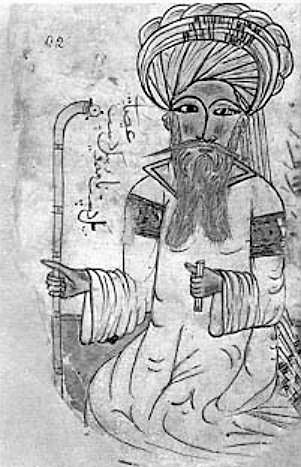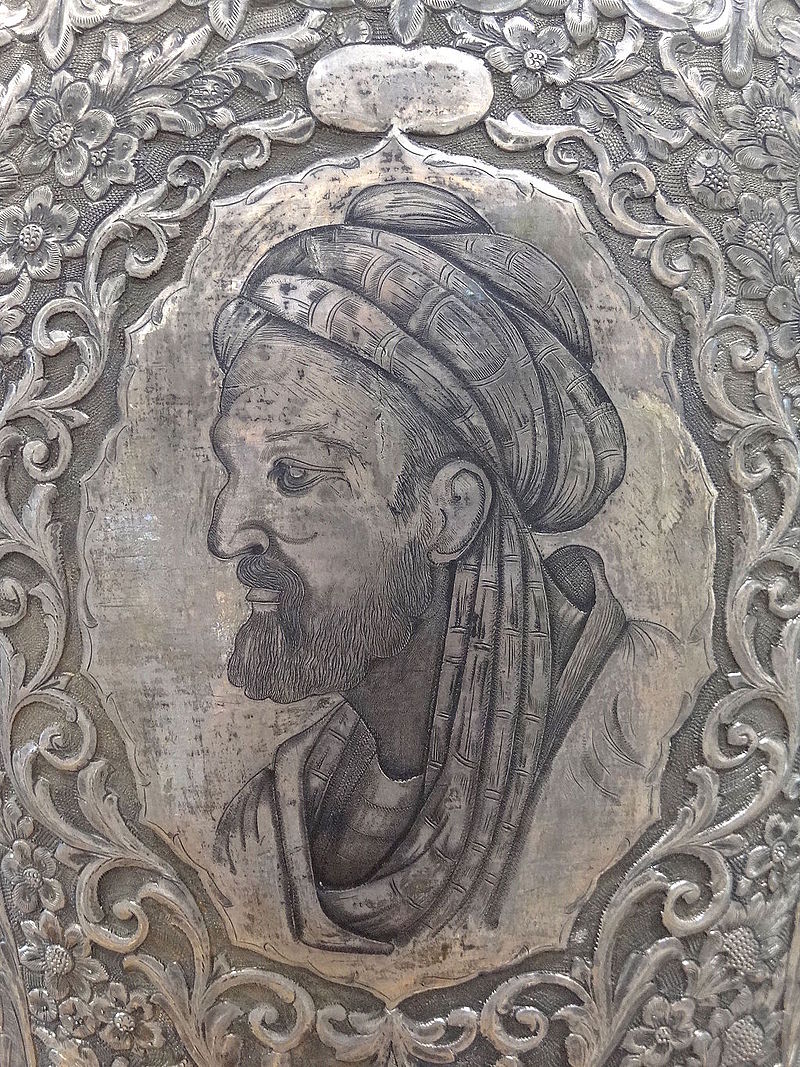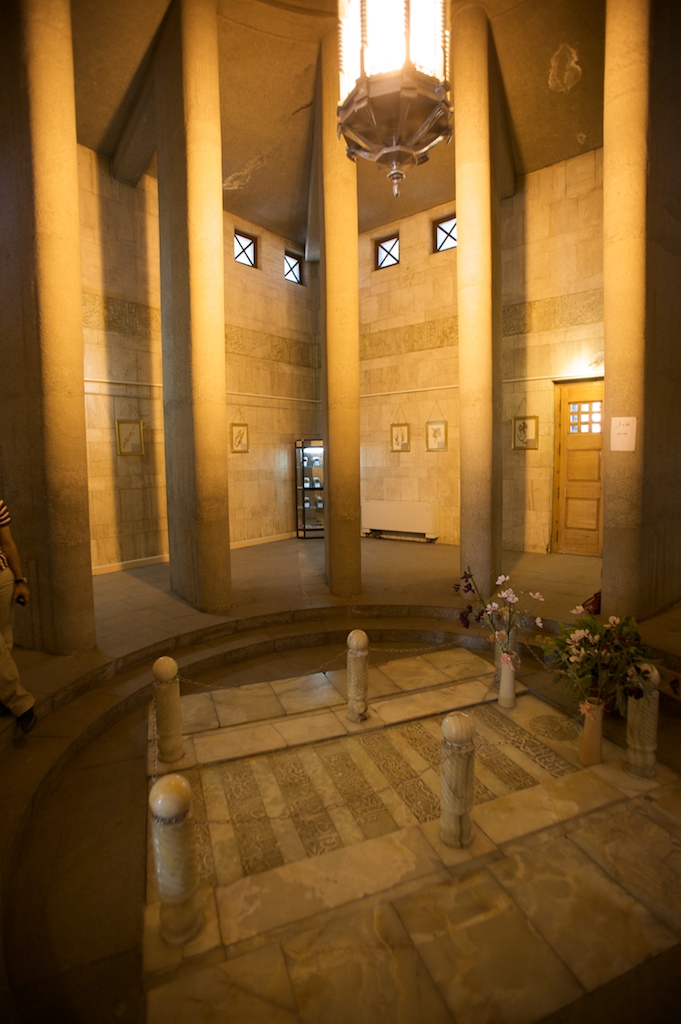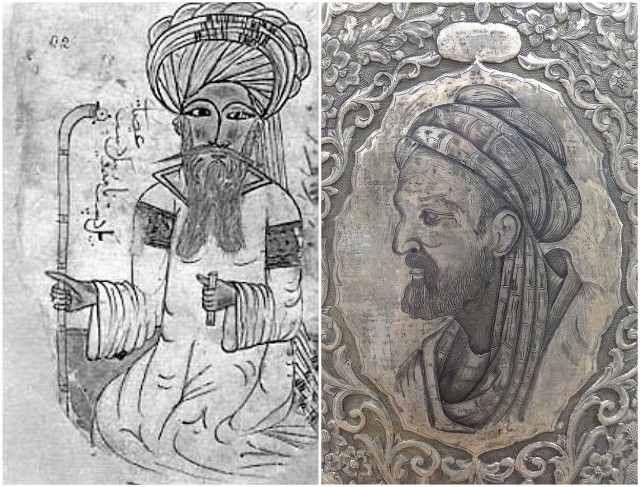Popularly known as “Avicenna”, Abdullah Ibn Sina Balkhi was a true polymath with his contributions ranging from medicine, psychology, and pharmacology to geology, physics, astronomy, chemistry, and philosophy.
He is celebrated in the Western world as “the father of modern medicine.” He is the author of the famous book al-Qanun, known as the “Canon” in the West.

He was also a poet and an Islamic scholar and theologian. He had a direct impact on the intellectual rebirth of Europe and he is one of the most famous scientists in the world.
Avicenna was born in around 980 AD in the village of Afshana, a small settlement near Bukhara, the capital of the Samanid dynasty in central Asia, located in present-day Uzbekistan.
His mother was also born in Bukhara and his father, Abdullah, an advocate of the Ismaili sect, was from Balkh in present day Afghanistan.

His family moved to Bukhara when Avicenna was five years old. He was a very intelligent child and by age ten he had read and memorized the entire Quran. His exceptional intellectual skills enabled him to overtake his teachers at the age of fourteen.
When he was 16 years old he turned to medicine and by the age of 18 he achieved full status as a qualified physician.
When the sultan of Bukhara fell ill with an ailment that baffled the court physicians, Avicenna was called to his bedside and cured him.

As a reward, the sultan opened the royal Samanid library to him, a fortuitous benevolence that introduced Avicenna to a veritable cornucopia of science and philosophy.
Avicenna began his prodigious writing career at age 21 and he is known to have written 450 works, but only 240 have survived.
They cross numerous fields, including mathematics, geometry, astronomy, physics, metaphysics, philology, music, and poetry. Among them, there are 150 on philosophy and 40 on medicine.
When Avicenna was twenty-two years old his father died and he moved to Jurjan near the Caspian Sea where he lectured on logic and astronomy.

Later he traveled to Rai and then to Hamadan, where he wrote his famous book Al-Qanun fi al-Tibb (The Canon of Medicine).
While in Hamadan he cured Shams al-Daulah, the King of Hamadan, for severe colic. He finished many of his epic writings when he moved to Isfahan and he spent the last decade in the service of Abu Ja’far ‘Ala Addaula, whom he accompanied as physician and general literary and scientific consultant.
Avicenna, who was one of the greatest thinkers ever to write in Arabic, died during June 1037 AD and was buried in Hamedan, Iran.
In the Islamic world, his impact was immediate and his influence in medieval Europe spread through the translations of his works first undertaken in Spain.
